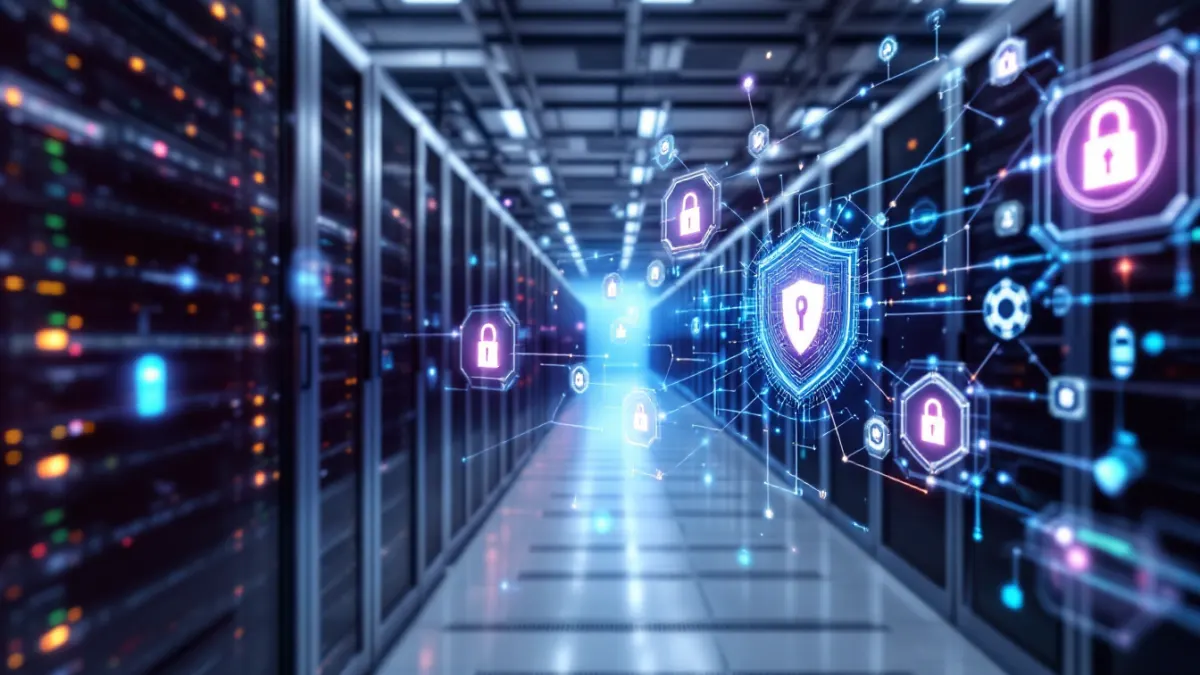Why Trump’s FCC Scrapped U.S. Telecom Cybersecurity Rules

The United States stands at a cybersecurity crossroads amid escalating Chinese hacking threats. Trump’s FCC recently voted to roll back telecom industry cybersecurity rules originally designed to protect phone and internet companies.
This decision came from two Trump-appointed commissioners, with one Democratic FCC commissioner dissenting, warning it makes the country "less safe." But this rollback is more than deregulation—it's a strategic repositioning of where cybersecurity responsibility lies.
Why does this matter? Scrapping these rules shifts constraints away from telecom companies and exposes the need for stronger systemic leverage beyond rule mandates.
“Cybersecurity leverage comes from system design, not regulation alone.”
Why Scrapping Rules Isn’t Simple Deregulation
Conventional wisdom views Trump’s FCC rollback as mere cost-cutting for telecoms. That misses the deeper system constraint shift.
The cancelled rules forced companies to continuously maintain cybersecurity systems under FCC oversight. Instead, the FCC vote rejects regulatory micromanagement, pushing telecoms to innovate private, scalable defenses aligned with evolving threats.
This contrasts with EU nations that maintain strict telecom cybersecurity mandates, often creating bureaucratic bottlenecks. Unlike those regimes, the U.S. move repositions constraint from regulatory compliance to technology-driven risk management.
This mirrors lessons in process improvement systems that reveal compliance-only approaches limit leverage by tying security to fixed rules rather than adaptive systems.
How Constraint Repositioning Unlocks Leverage
Telecom companies now face an operational choice: build autonomous security systems that operate without constant human intervention, or risk increased vulnerability from less oversight.
By removing rigid FCC cybersecurity rules, the U.S. telecom sector can deploy automation-driven threat detection and response tools, leveraging AI-enabled systems to react faster and scale defenses without regulatory lag.
Unlike competitors constrained by mandated checklists, this freedom encourages innovation in cybersecurity infrastructure. It lowers ongoing compliance costs, freeing budgets to invest in advanced automation and strategic partnerships.
See how firms use automation for business leverage to turn security operations into self-sustaining ecosystems.
Who Benefits and What’s Next
This constraint shift demands telecom operators develop internal leverage through smart automation, vendor collaboration, and adaptive risk frameworks. Firms ignoring this will face rising threat exposure without strategic shield-building.
Other countries like Canada and Australia watching the U.S. may reconsider their regulated models, balancing oversight against dynamic security architectures.
Executives should rethink cybersecurity investments as systemic platforms—not just regulatory checkboxes—to gain durable leverage in a high-threat environment.
“Leverage in cybersecurity means building automated defense systems that scale beyond rules.”
For related insights on building systemic advantages, explore process improvement strategies and automation in business.
Related Tools & Resources
In a landscape where telecom cybersecurity shifts from rigid regulations to adaptive systems, maintaining clear and updated operational processes is vital. Tools like Copla help teams document and manage standard operating procedures efficiently, ensuring your security workflows remain agile and scalable as threats evolve. Embracing process management platforms is a strategic move for businesses aiming to build resilience beyond mere compliance. Learn more about Copla →
Full Transparency: Some links in this article are affiliate partnerships. If you find value in the tools we recommend and decide to try them, we may earn a commission at no extra cost to you. We only recommend tools that align with the strategic thinking we share here. Think of it as supporting independent business analysis while discovering leverage in your own operations.
Frequently Asked Questions
Why did the FCC decide to roll back telecom cybersecurity rules?
The FCC, under Trump-appointed commissioners, rolled back telecom cybersecurity mandates to shift responsibility from regulatory compliance to technology-driven risk management, encouraging innovation and automation in defenses.
How does removing strict cybersecurity rules affect telecom companies?
Removing rigid FCC rules allows telecoms to deploy autonomous, AI-enabled security systems that can react faster to threats and scale defenses, reducing ongoing compliance costs and fostering innovation.
What are the risks associated with scrapping telecom cybersecurity regulations?
Without mandated oversight, telecom companies risk increased vulnerability if they fail to develop smart, automated security systems, potentially exposing the sector to higher cybersecurity threats.
How do U.S. telecom cybersecurity regulations differ from those in the EU?
The U.S. approach removes tight mandates favoring adaptable, technology-driven defenses, while the EU maintains strict telecom cybersecurity rules that can create bureaucratic bottlenecks.
What role does automation play in telecom cybersecurity after deregulation?
Automation enables telecom operators to build scalable, self-sustaining security systems that operate without constant human intervention, effectively managing evolving cyber threats.
Which countries are monitoring the U.S. telecom cybersecurity model?
Canada and Australia are observing the U.S. rollback of telecom cybersecurity rules and may reconsider their own regulated approaches to balance oversight with dynamic security frameworks.
How should executives approach cybersecurity investments in this new regulatory environment?
Executives should treat cybersecurity investments as systemic platforms using smart automation and adaptive risk frameworks, rather than mere regulatory checkboxes, to build durable strategic leverage.

